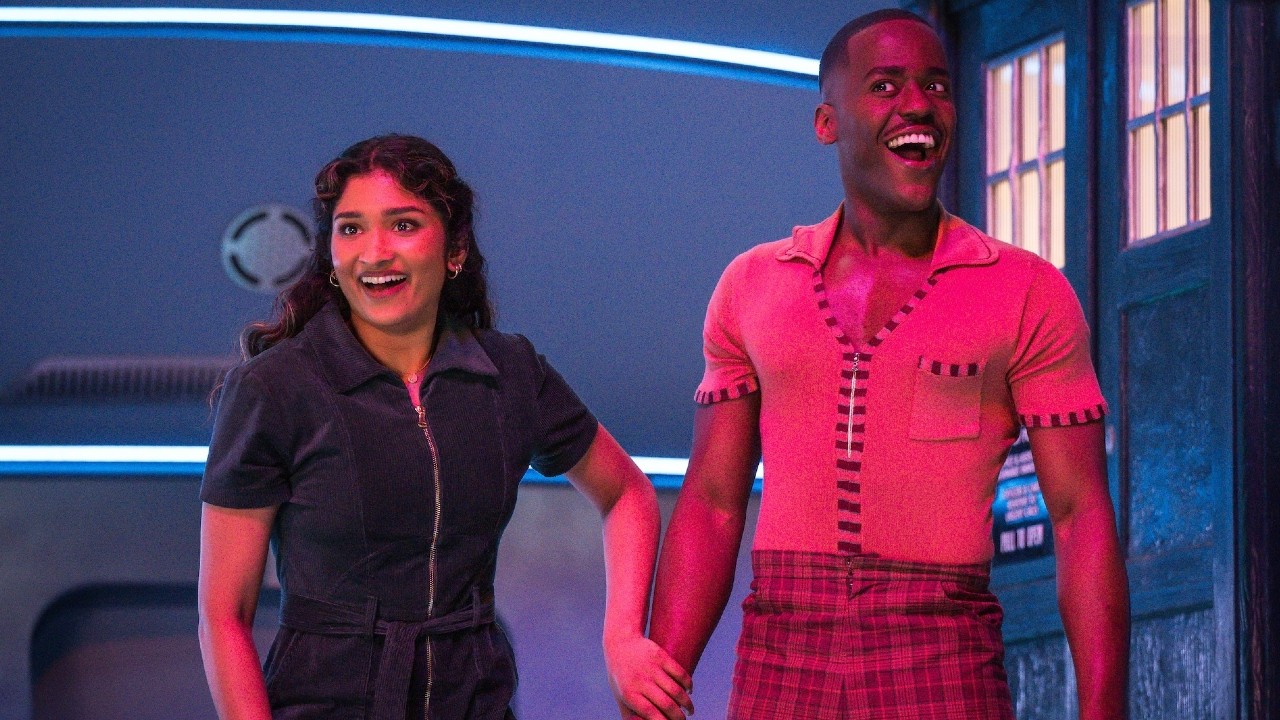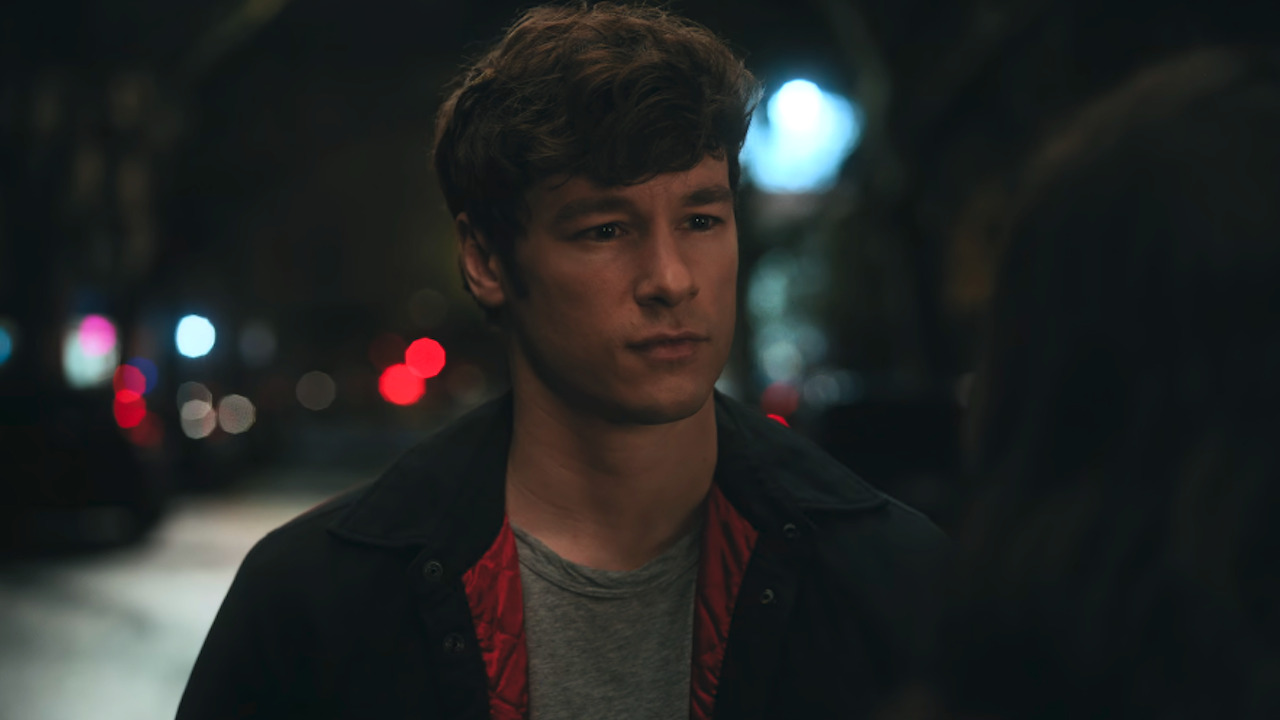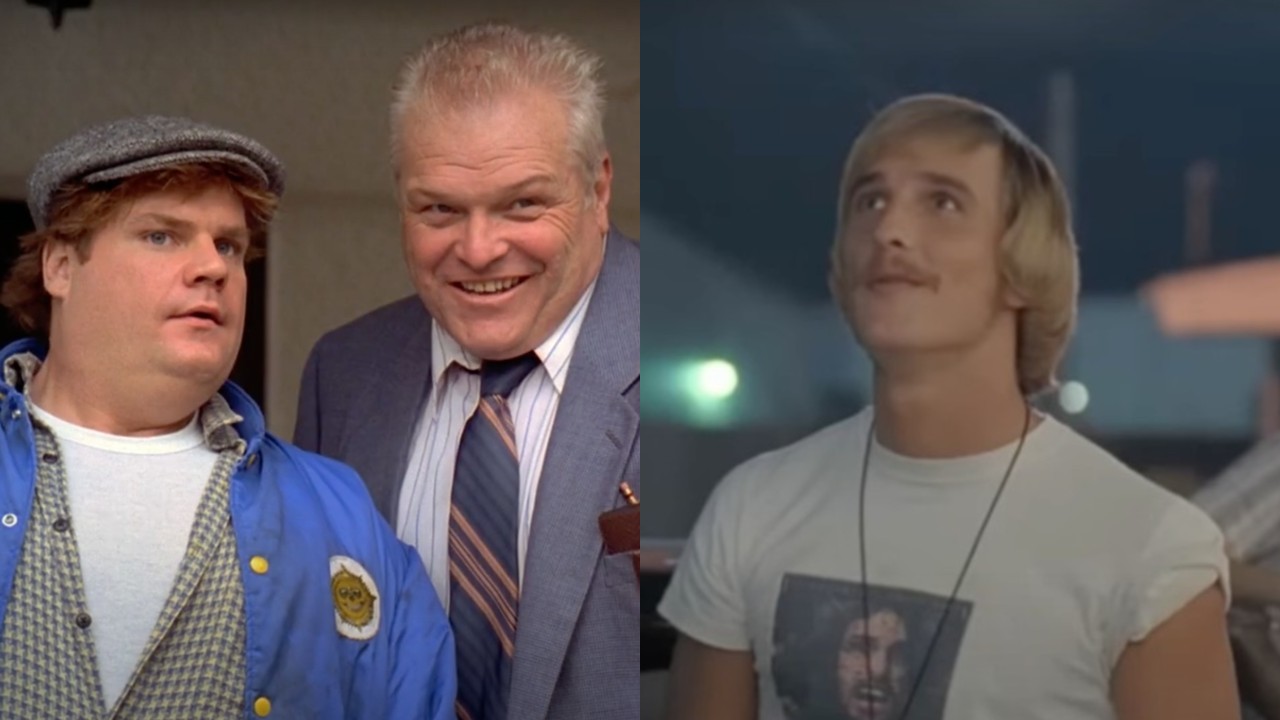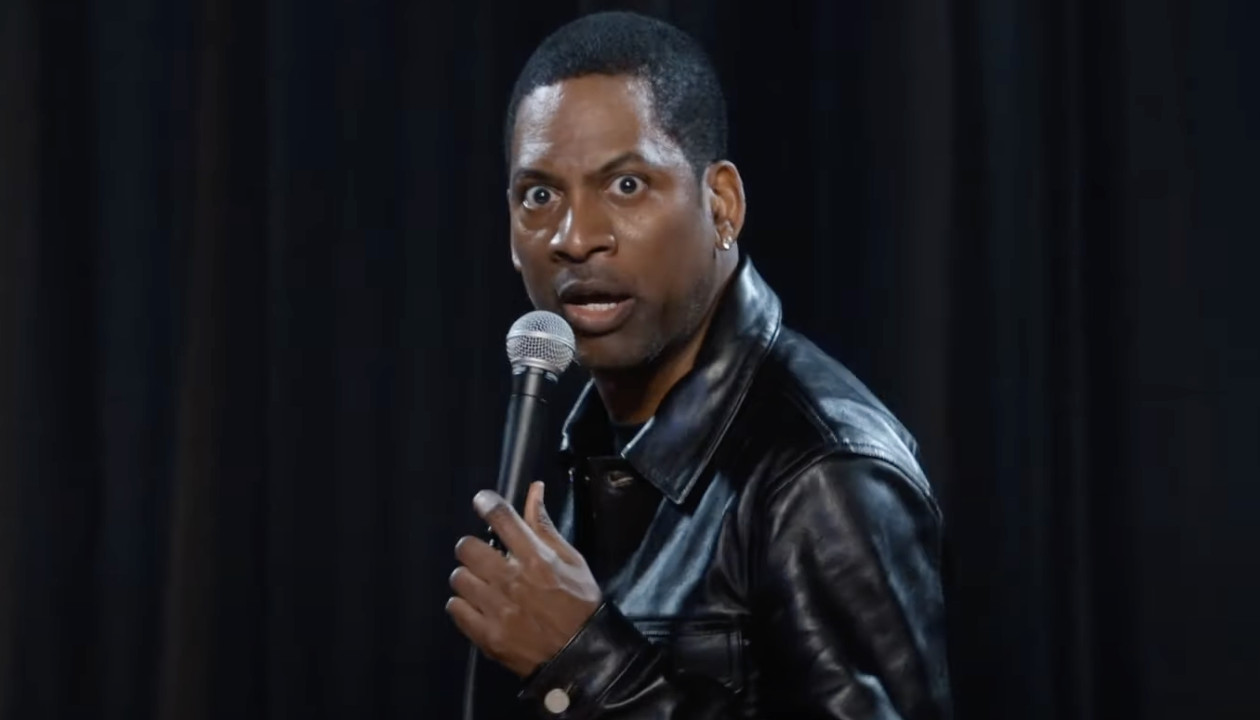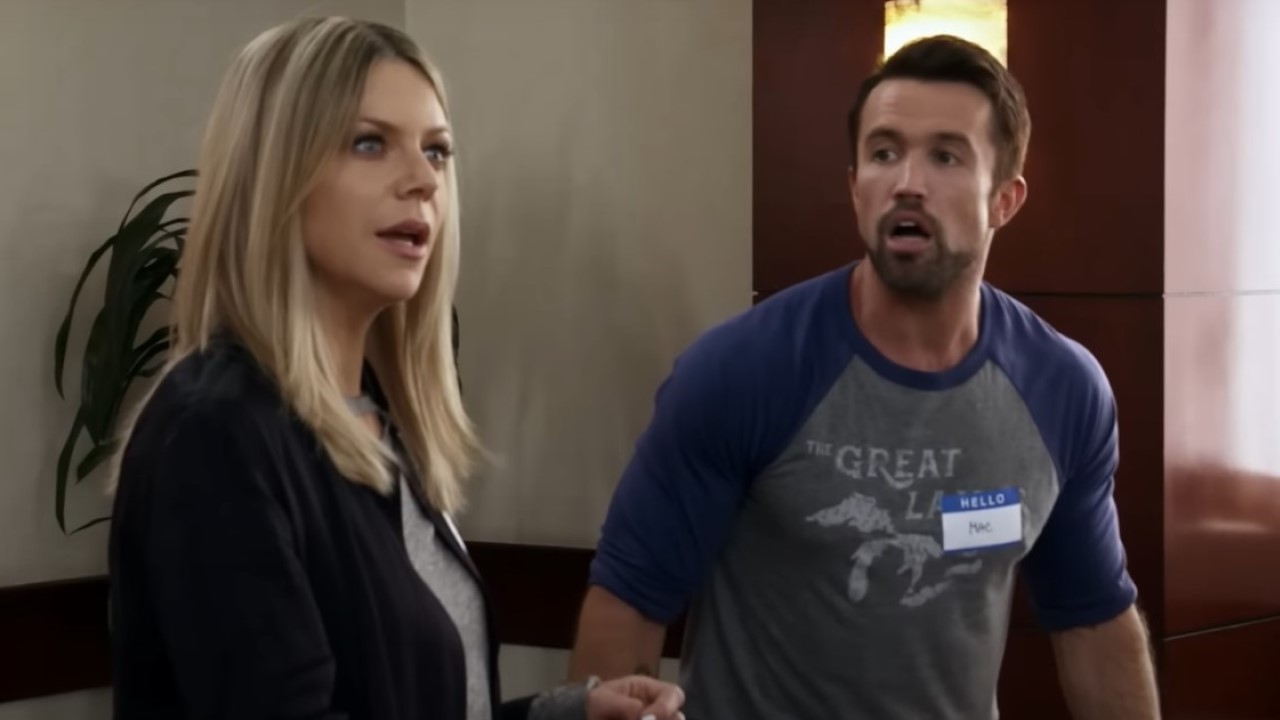Whiplash Is Black Swan Meets Full Metal Jacket On The Drums
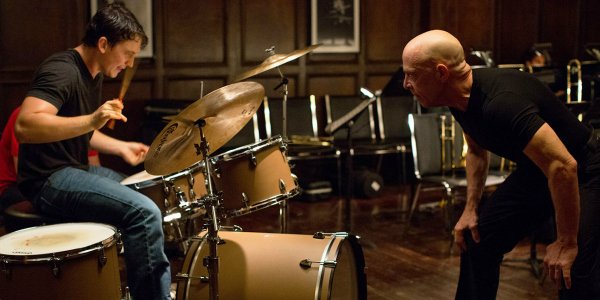
I’m not sure I’ve ever been as terrified by an actor’s hand as I was by J.K. Simmons’ tempo-setting mitt in the meticulous, driving musician drama Whiplash.
After a failed attempt to see an early press screening of The Judge (long story), my 2014 Toronto Film Festival experience began with a screening of Damien Chazelle’s Sundance prize winner Whiplash, a spellbinding make-or-break movie aimed at anyone who has ever wanted to be good at something. At anything.
The usually arrogant Miles Teller reveals a different shade by playing Andrew, a semi-confident but still vulnerable freshman drummer at a prestigious New York conservatory who aspires to play in the jazz outfit run by Terrance Fletcher (Simmons) – a hard-nosed instructor who accepts nothing less than perfection. Their confrontations shape Andrew’s journey, though step back on Whiplash and you see it’s largely a story of self-sacrifice, of personal determination, and of the futile quest to seek approval from a person who might not be willing to give it.
Damien Chazzelle’s Whiplash is the jazziest, snazziest, most punishing movie I’ve seen this year. Airtight editing boasts the pristine precision of a well-oiled symphony, but the movie doesn’t sacrifice the messy rush that goes with an improvised jazz composition. When Chazelle falls in tune with the instruments in his band, Whiplash bounces and soars with a wonderfully creative urgency.
That’s only half of the story, however. Andrew’s complicated quest for greatness in his field is marred by the many obstacles, both large and small, that Fletcher drops in his path. It’s cruel how often Chazelle lets both Andrew and the audience believe that this fledgling drummer has turned the corner, and is poised for success. A small smile will cross Teller’s lips, or he’ll allow his tightly-clenched shoulders to loosen, ever so slightly. We foolishly believe that the worst part of the "lesson" is over. But with Fletcher, the classroom never closes, and school is always in session.
Fletcher is a difficult character to play, and Simmons figures out how to straddle the line between well-intentioned instructor and domineering sadist. The actor assumes the mannerisms of the on-screen drill sergeant, insulting his charges under the guise of making them "better" at their job. And that hand. You’ll cringe each time Fletcher clenches his fist in anger – not to hit, but to express extreme disappointment. The sign of the hand carries the same blunt force as a slap to the fact, or a punch to the gut. The tragedy of Whiplash lies in the truth that Andrew might never be able to please Fletcher and his hand. So why does he continue to punish himself on the drums? For his professor? For his supportive father (played by a compassionate Paul Reiser)? For himself? Please, tell me it’s for himself.
It’s easy to see why Whiplash took home the Grand Jury and Audience awards at the Sundance Film Festival. The crowd-pleasing study in creative motivations gets Toronto off on a terrific step. Whiplash appeals to all of us who push ourselves to be the best at something. It asks how far we are willing to go to triumph at a skill or talent we believe that we have, and then wonders why we aren’t willing to go even further than that.
CINEMABLEND NEWSLETTER
Your Daily Blend of Entertainment News

Sean O’Connell is a journalist and CinemaBlend’s Managing Editor. Having been with the site since 2011, Sean interviewed myriad directors, actors and producers, and created ReelBlend, which he proudly cohosts with Jake Hamilton and Kevin McCarthy. And he's the author of RELEASE THE SNYDER CUT, the Spider-Man history book WITH GREAT POWER, and an upcoming book about Bruce Willis.
